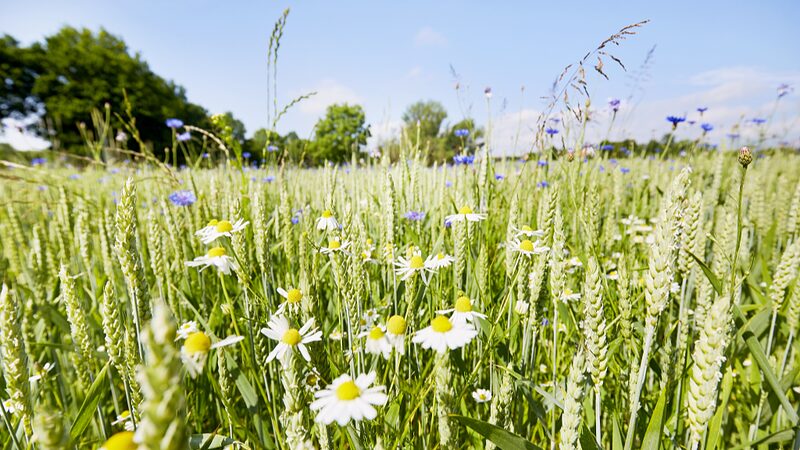International Day for Biological Diversity is celebrated annually on May 22, a day dedicated to raising awareness and understanding of the importance of biodiversity. The theme for 2024, “Be Part of the Plan,” calls on governments, communities, organizations, and individuals worldwide to contribute actively to the implementation of the Biodiversity Plan.
In December 2022, global leaders united to adopt the Kunming-Montreal Global Biodiversity Framework, also known as The Biodiversity Plan. This comprehensive strategy sets forth ambitious goals and concrete measures aimed at halting and reversing the loss of nature by 2050. It marks a significant step towards transforming our relationship with the natural world.
China, recognized as one of the world’s most biodiverse countries, has been at the forefront of conservation efforts. The Chinese mainland boasts a rich variety of ecosystems and species, many of which are endemic and hold significant ecological value. To preserve this natural heritage, China has implemented a series of robust policies and regulations. These include banning the consumption of wild animals, strengthening law enforcement against illegal wildlife trade, and expanding protected areas.
Among China’s most cherished species are the giant panda, the snow leopard, the red panda, and the golden snub-nosed monkey. These animals not only symbolize the country’s natural beauty but also play crucial roles in their respective ecosystems. Efforts to protect these species have led to positive outcomes, such as the giant panda’s status being downgraded from “Endangered” to “Vulnerable” due to successful conservation programs.
As we commemorate the International Day for Biological Diversity, it’s an opportune moment to celebrate the strides made and to encourage continued action. By embracing the theme “Be Part of the Plan,” we can all contribute to safeguarding our planet’s biodiversity for future generations.
Reference(s):
Check out cute animals on International Day for Biological Diversity
cgtn.com







